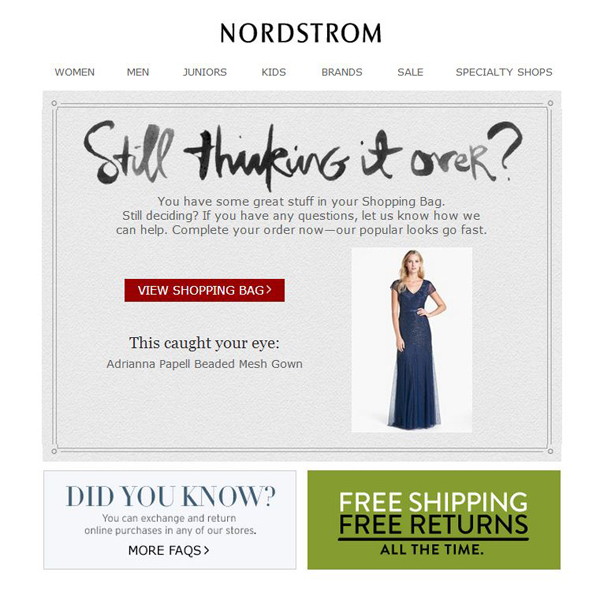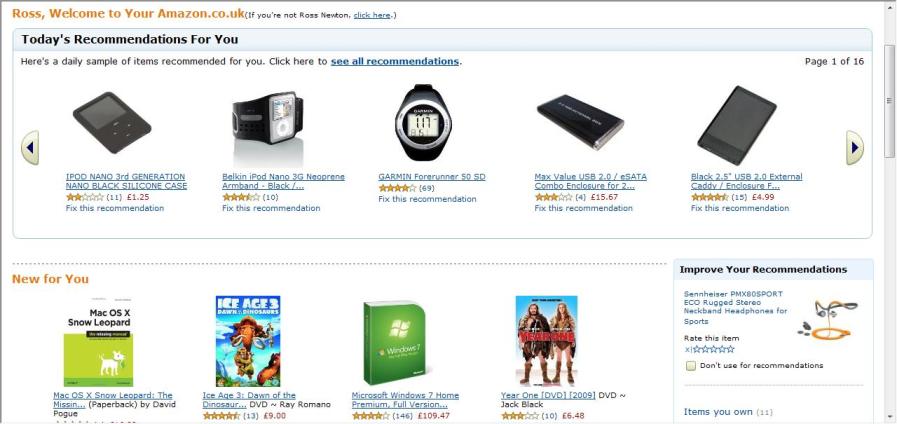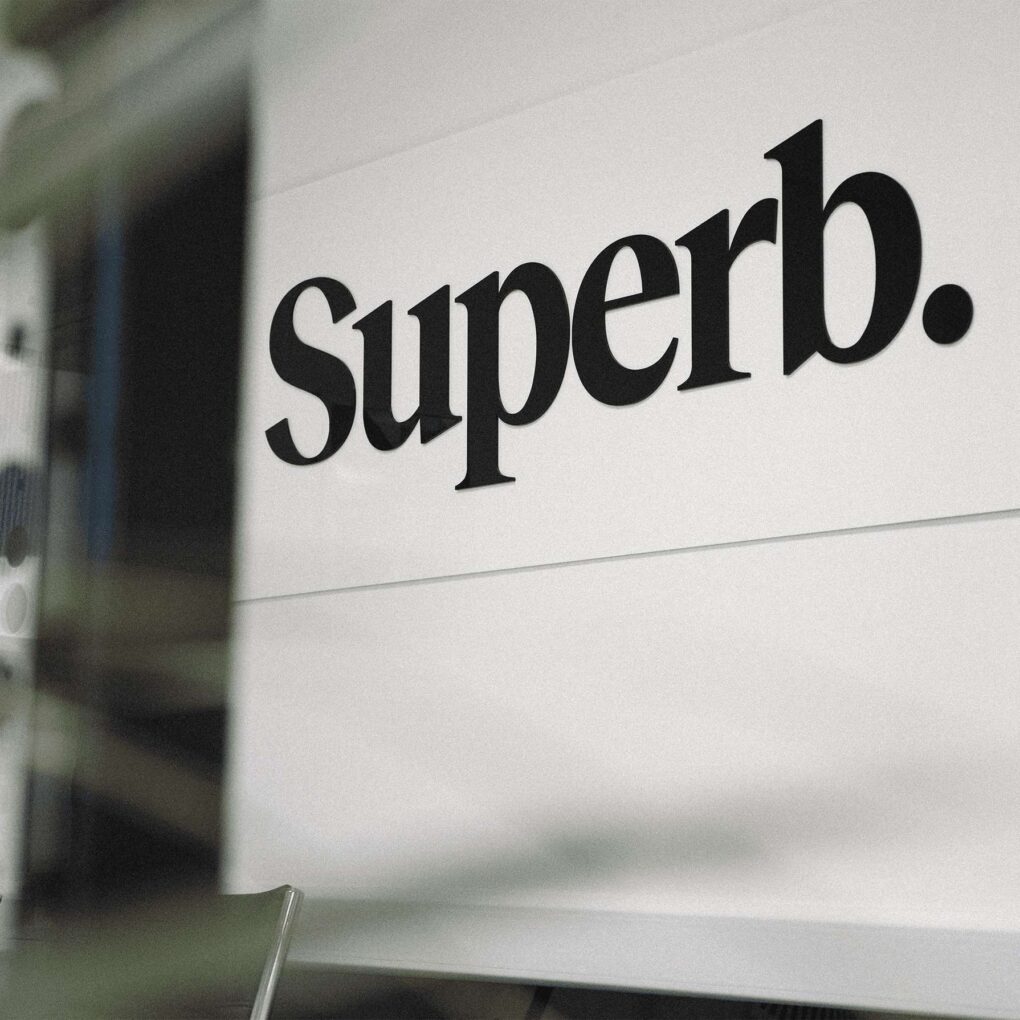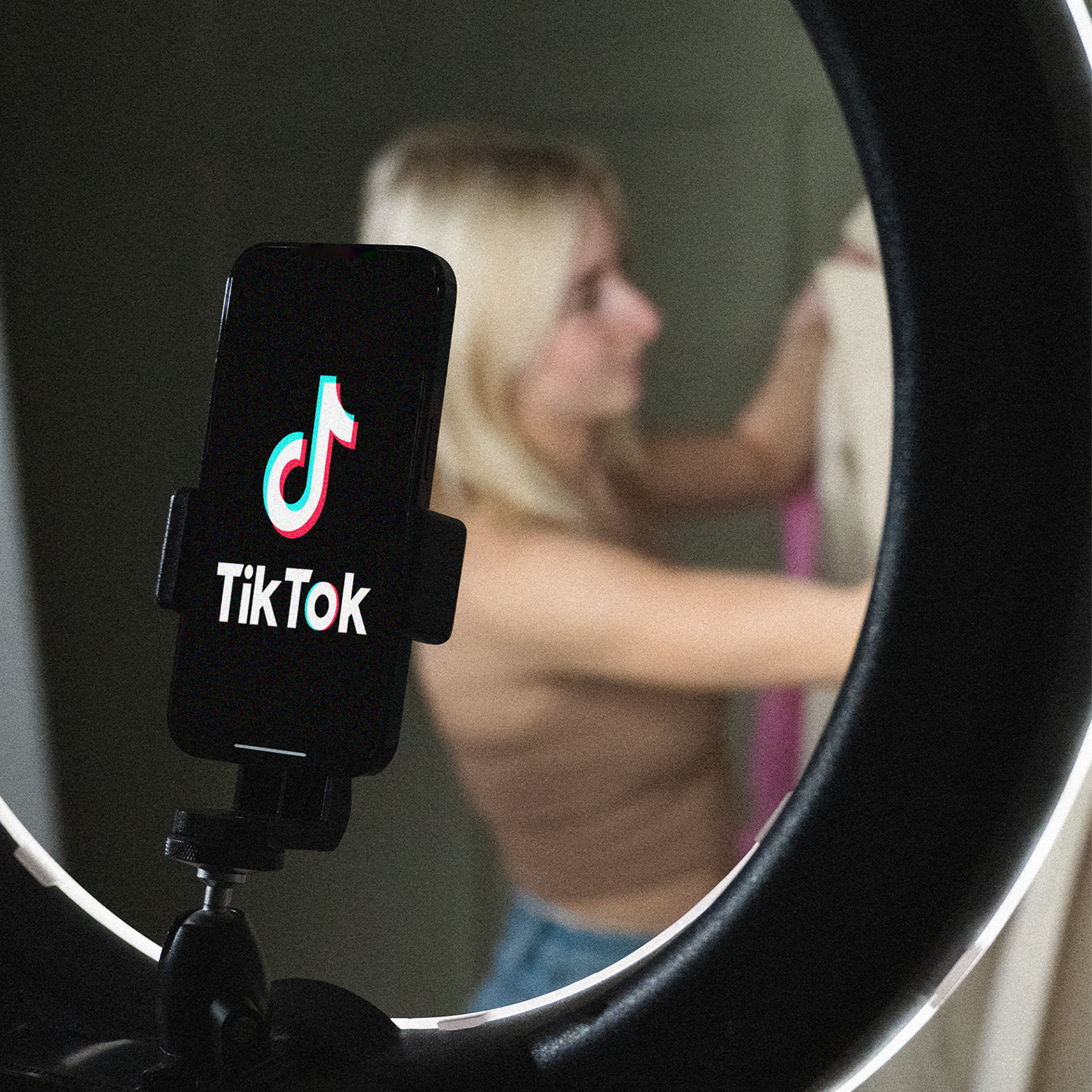Behavioural targeting will soon completely replace demographic targeting. It is much easier and cheaper for marketers to plan effective marketing campaigns using behavioural data. This information can be very easily collected by implementing artificial intelligence technology and by using website analytics, cookies and customers’ browsing history. Now, companies can accurately predict customers’ needs, wants, habits and pain points. This is why utilizing behavioural targeting is bound to yield better results for businesses.
Improve engagement rates
As mentioned in our last article, Starbucks is quite good at predicting its customers’ behaviour with the use of AI and analytics. Understanding consumer habits is the key to personalising marketing messages to a specific audience or users segment. Based on the customer behaviours, companies can improve their engagement rates through several critical metrics, such as geographical location, type of device used, transactional data, purchase and browsing history.
Improve customer experience
The benefits of using behavioural data are not only for companies but also for customers. As much as some users don’t enjoy giving up their data, they also dislike irrelevant and unengaging ads. According to Tamoco, 75% of consumers are more likely to purchase from a retailer who advertises products based on their purchase history.
Better brand awareness
Marketers that have access to behavioural data can easily predict consumer interests. Just like Nike did when they launched their interactive campaign that enabled customers to design their sneakers. When customers see ads that speak to them, they are more inclined to keep up to date with new product launches and product releases. This is also a good retargeting technique, which enables companies to encourage customers to complete previous purchases.
Persona-specific campaigns
Behavioural targeting is another great way for marketers to create a pool of tailored-specific audiences. According to McKinsey, companies who prioritize customer behavioural insights outperform their competitors by 85% in sales and 25% in gross margin. Building strong customer profiles allows brands to create multiple campaigns with specific buyer personas in mind. Tailored content targeted at the right customer market, will increase the relevancy of your ads, in turn, this will increase your click-through rates and engagements.
3 brands utilising behavioural targeting
Nordstrom
The brand uses behavioural data for retargeting customers through email marketing campaigns. After a potential shopper abandons the website while placing items in the shopping basket, Nordstrom sends a “cart abandonment” email reminding the user that it left products in the cart. The email includes a link to the shopping basket, making it easy for the consumer to complete their purchase.
Birchbox
Birchbox was one of the first companies to create the monthly beauty box subscription service with plans from one month, three months to six months. Recently, the brand has been using its consumer behaviour data to retain customers who have unsubscribed from its service. With these data, Birchbox was able to offer a 20% discount to these users. The email marketing campaign included the discount coupon and links to other customers’ favourite purchases.
Amazon
Amazon, the king of eCommerce, is one of the few companies who have become pros at developing an extremely effective behavioural targeting strategy. Amazon has been able to predict customers’ next purchase by tracking their journey using AI technology. Its suggested products are personalised product recommendations based on the needs of the shopper. The effectiveness of this strategy has been proved by other brands such as JD Sports. When the sports retailer used Amazons’ suggested products strategy, they achieved a 10% increase in conversion rates. The best way to implement this strategy is by using a personalisation platform for your eCommerce business.
The marketing industry is the primary growth catalyst for the data market. Consumer data has become more valuable than currency, and companies have grown a seemingly insatiable appetite for this information. New technologies like AI are the forefront driver for data-driven marketing. Now more than ever, it’s critical for companies to reevaluate their marketing strategy and ensure it is more data-driven.
–––––––
Aleksandra Michniewicz specializes in content for a variety of industries like tech, lifestyle, fashion and finance.











